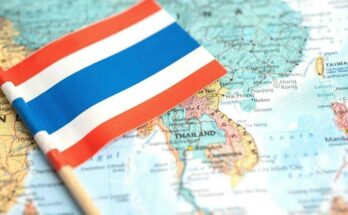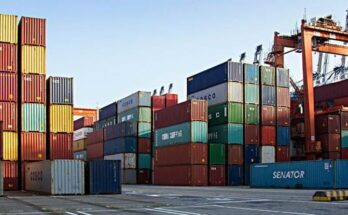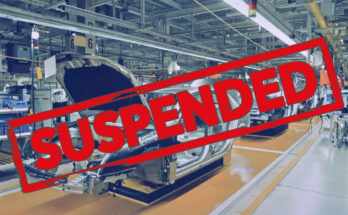After a hiatus of almost two and half years, the economic co-ordination committee of the cabinet gave the go-ahead to the automotive development policy 2016-21 back in March 2016. Now almost one year has been passed but no material/ significant result or achievement can be seen after implementation of this policy on the horizon of automobile industry of Pakistan.
The 24th meeting of the Auto Industry Development Committee was held on 13th April 2017. The issues discussed and decision made during this meeting does indicate the incapability of new auto policy in delivering solutions for the challenges being faced by the automobile industry of Pakistan.
Primary objective of the policy was to bring new investment which could boost the competition among the players, resultantly consumer shall get due benefits. The Government itself was hopeful that the policy will attract the European Car maker. However definition of medium knocked-down kits (MKD) was not included into the policy so leading European Car makers including Fiat, Audi and Volkswagen scrapped their plans to enter Pakistan.
Related: Govt. Rejects Pak Suzuki’s Demands, Turns Down Audi’s Assembly-Only Plan
French car maker Renault was the first to announce its plans to invest USD$100 million in Ghandhara Nissan Plant to bring its brand into the country’s market but reliable source disclosed that Renault has stopped all activities in relation to Pakistan ventures due to some unknown reasons.
Under automobile development policy 2016-21 the following applications were submitted for approval.
Request of M/s. Regal Automobile Industries Limited for Green Field Investment.
M/s. Regal Automobiles Industries Ltd (RAIL) applied for the Greenfield Investment incentives under New Investment Policy of ADP 2016-21 for establishing auto assembly plant in Lahore for the production & assembly of light commercial vehicle (LCV’s) and Mini Vans/ Bus under Technology Transfer Agreement with DFSK Motor Co. Ltd, a subsidiary of Dongfeng Motors Corporation, China.
Further, it was informed that M/s. Tayyaba Motors (Pvt.) Limited, approached EDB claiming that their and M/s. RAIL’s principal is same i.e. DongfengSokon and DFSK, even their factory address and vehicles offered by both of them are physically same with the only difference of logo.
Related: Indus Motors Revealed Rs 4 Billion Investment Plan to Expand Production
The firm therefore claimed that M/s. Regal Automobile Industries Ltd., cannot avail the concessions of Greenfield Investment under ADP 2016-21 which M/s. Regal Automobiles denied. The committees decided that both the firms shall provide information of design patents from their principals and other related information facilitating EDB to evaluate and decide, accordingly.
Request of M/s. Dewan Farooque Motors Ltd for Brown Field Investment.
It was learnt by reliable sources that the ministry is not convinced with the contention of DFML that their plant was operational beyond the cutoff date of July 2013. So the approval for brown-field investment category cannot be given. It is only possible through amendment in the policy, since it is mentioned in the policy that it can only be reviewed after two years, while it is only in its first year of implementation so ministry could not support any change in the policy.
Request of M/s. Al Haj Faw Motors (Pvt) Ltd for Green Field Investment.
The request of M/s. Al Haj Faw Motors for the green field category was also turned down with the same reason. Furthermore some more new companies are establishing their assembly plants and few only announced their intention to enter in automobile assembly business under ADP 2016-21.
Related: Pak Suzuki May Shelve Its Rs.460 Billion Investment Plan
Procedure for approval under ADP 2016-21 needs to be strengthened. Stringent documentation for application process has to be adopted. Questions/ details of commercial nature may be asked by the new entrant. It may be noted that RAIL assembly plant is near completion and DFML has already imported CKD kits for Shahzore assembly from Dehan Laos. It seems that both companies could not start their assembly operations due to these confusions / delays.
The core essence of the new auto policy was to attract new comers to invest in the country, however apart from new models introduced by Pak Suzuki and inclusion of few safety features in the local assembled cars, the Auto Policy 2016-21 is yet to prove its effectiveness.
Originally written by Anwar Iqbal for AutoMark Magazine

A computer animation professional with over 23 years of industry experience having served in leading organizations, TV channels & production facilities in Pakistan. An avid car enthusiast and petrolhead with an affection to deliver quality content to help shape opinions. Formerly written for PakWheels as well as major publications including Dawn. Founder of CarSpiritPK.com




